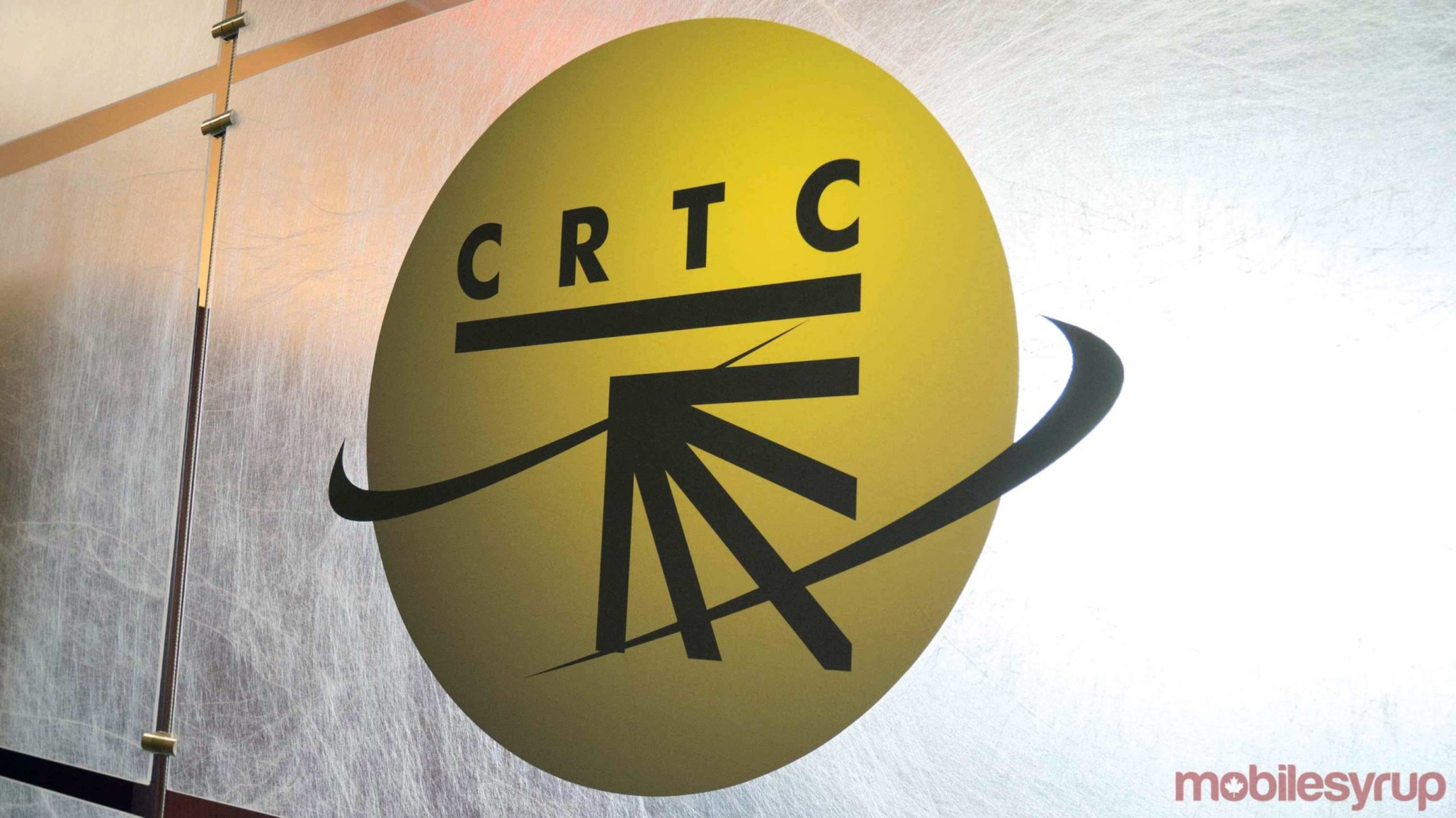In the News
CBC: 'Internet is the only lifeline they have': Canada needs to confront 'digital divide' amid COVID-19 crisis Social Sharing
 The COVID-19 pandemic is forcing Canada to confront many of its hidden social inequalities, one of these being unequal access to the internet, an internet freedom advocate says.
The COVID-19 pandemic is forcing Canada to confront many of its hidden social inequalities, one of these being unequal access to the internet, an internet freedom advocate says.
Laura Tribe, executive director of OpenMedia, says disproportionate access to the internet is often talked about in terms of only affecting the North or remote communities, however, the current public health crisis has shown the problem is just as common in many cities.
"There are so many people throughout the country — even in urban areas — that don't have the internet at home, [who] are reliant on schools, libraries, Wi-Fi hotspots at coffee shops like Tim Hortons, [all] trying to figure out how to make it work," Tribe told Spark's Nora Young.
"When something like the COVID-19 pandemic hits, we really see what happens when you don't prioritize it. We see how far people are being left behind."
Tricity News: Advocates say Canada's telecom prices still too high for low income consumers
 GATINEAU, Que. — An advocate for low income consumers told a CRTC hearing Tuesday that Canada's telecom companies are using "magic math" that exaggerates how much their mobile data prices have dropped in recent years.
GATINEAU, Que. — An advocate for low income consumers told a CRTC hearing Tuesday that Canada's telecom companies are using "magic math" that exaggerates how much their mobile data prices have dropped in recent years.
Speaking for the Coalition for Cheaper Wireless Service, John Lawford disputed Bell Canada's estimate that its prices have fallen between 37 per cent and 80 per cent in recent years.
Mobile Syrup: ‘Coalition for Cheaper Wireless Service’ argues for mandated low-cost plan
 The ‘Coalition for Cheaper Wireless Service’ has argued that mobile wireless prices are too high and that competition is weak in Canada.
The ‘Coalition for Cheaper Wireless Service’ has argued that mobile wireless prices are too high and that competition is weak in Canada.Rabble.ca: Fighting for digital equity, in Canada and beyond
 Equitable access to the internet is a communication right.
Equitable access to the internet is a communication right.
As the Alliance for Affordable Internet (A4AI) points out, not only is the internet a pathway to information, communication, and economic opportunity, it is increasingly necessary to access basic commercial and public services. As more of the world becomes digital, those unable to connect will inevitably be left behind.
This concern has been raised even in Canada, where 34.5 million, or nearly 96 per cent of the population are connected to the internet, although with varying degrees of affordability and connectivity.
ACORN Canada, a national organization that advocates for low- and moderate-income families, says many Canadians "still struggle to afford internet services." In 2016, ACORN conducted a survey among 394 of its members, which showed that 83.5 per cent found the cost of the internet to be "extremely high," while nearly 60 per cent said "they had to cut back elsewhere to afford internet." About 80 per cent of households with an annual income of $30,000 or lower were "less likely to have home internet access than those with incomes over $60,000 (80 per cent vs. 96 per cent), says ACORN in its latest report.
Mississauga.com: Internet and cellphone affordability on the ballot for Mississauga–Malton voters
 Residents in Mississauga–Malton say they’re paying too much for internet and cellphone service.
Residents in Mississauga–Malton say they’re paying too much for internet and cellphone service.
This election, it’s one of the major issues they’re thinking about when they cast their ballot. The riding’s 118,000 residents are diverse, they’re different ages, they work different jobs, but the common thread for all of them is the cost of internet and cellphone service.
In many cases, it’s become an affordability issue where families are forced to cut other costs from their budget to make room.